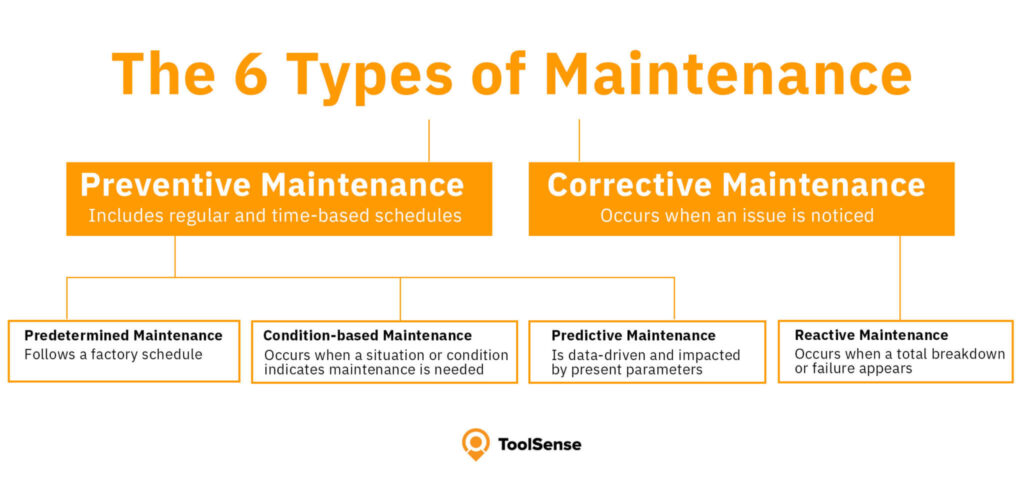The world is undergoing a significant shift, a new industrial evolution powered by clean energy. This isn’t just about swapping fossil fuels for solar panels; it’s about fundamentally rethinking how we power our industries, improve efficiency, and build a more sustainable future. From manufacturing and transportation to agriculture and technology, clean energy solutions are driving innovation and creating new economic opportunities.
Key Takeaways:
- Clean energy is not just an environmental imperative but also an economic driver, fueling a new industrial revolution.
- Renewable energy sources like solar, wind, and hydro are becoming increasingly cost-competitive and reliable, making them viable alternatives to fossil fuels.
- The integration of clean energy technologies is fostering innovation across various industries, leading to greater efficiency and reduced environmental impact.
- Government policies and private investments are playing a crucial role in accelerating the transition to a clean energy economy.
How Clean Energy is Reshaping Manufacturing
Manufacturing, traditionally a heavy emitter of greenhouse gases, is embracing clean energy at an accelerating pace. Solar panels on factory roofs are becoming increasingly common, providing a direct source of renewable power. Beyond that, innovative energy storage solutions, like advanced battery systems, are enabling manufacturers to store excess clean energy generated during off-peak hours and utilize it when demand is high.
The shift extends beyond just power generation. Electrification of industrial processes, such as heating and cooling, is reducing reliance on fossil fuels. Furthermore, the rise of clean energy is spurring the development of new, sustainable materials and manufacturing techniques. For example, companies are exploring the use of bio-based plastics and other eco-friendly alternatives to reduce their environmental footprint. The convergence of technology and investment in gb of battery storage across the country is vital for the future. All these changes are allowing for new, more efficient products to hit the market.
How Clean Energy is Fueling the Transportation Sector
The transportation sector is undergoing a radical shift, with electric vehicles (EVs) at the forefront. Battery technology is rapidly improving, leading to longer driving ranges and shorter charging times. As the cost of EVs continues to decline, they are becoming a more accessible and attractive option for consumers and businesses alike.
But the transformation goes beyond just passenger vehicles. Electric buses and trucks are gaining traction, offering a clean energy alternative for public transportation and freight hauling. Furthermore, the development of alternative fuels like hydrogen and biofuels is providing additional pathways to decarbonize the transportation sector. The build out of gb sized battery facilities at charging stations across the country will also prove to be invaluable. This also opens the door to new innovations, which may lead to even greener products.
How Clean Energy is Impacting Agriculture and Food Production
Agriculture, another traditionally energy-intensive sector, is also embracing clean energy solutions. Solar-powered irrigation systems are helping farmers reduce their reliance on fossil fuels for pumping water. Greenhouses are utilizing renewable energy for heating and lighting, creating a more sustainable and controlled growing environment.
Beyond on-site energy generation, clean energy is also playing a role in optimizing agricultural practices. Precision agriculture technologies, powered by renewable energy, are enabling farmers to monitor soil conditions, water usage, and crop health with greater accuracy, leading to increased efficiency and reduced waste. Furthermore, the development of vertical farms, which utilize indoor farming techniques and renewable energy sources, is offering a new way to produce food in urban areas, reducing transportation costs and emissions.
How Clean Energy is Powering the Technology Industry
The technology industry, while not always perceived as a major energy consumer, relies heavily on data centers and other energy-intensive infrastructure. The increasing demand for cloud computing and digital services is driving a significant increase in energy consumption. However, the technology industry is also at the forefront of clean energy innovation.
Many tech companies are investing heavily in renewable energy projects to power their data centers and operations. They are also developing more energy-efficient hardware and software. Furthermore, the technology industry is playing a crucial role in developing and deploying clean energy technologies, such as smart grids, energy management systems, and advanced battery technologies.





